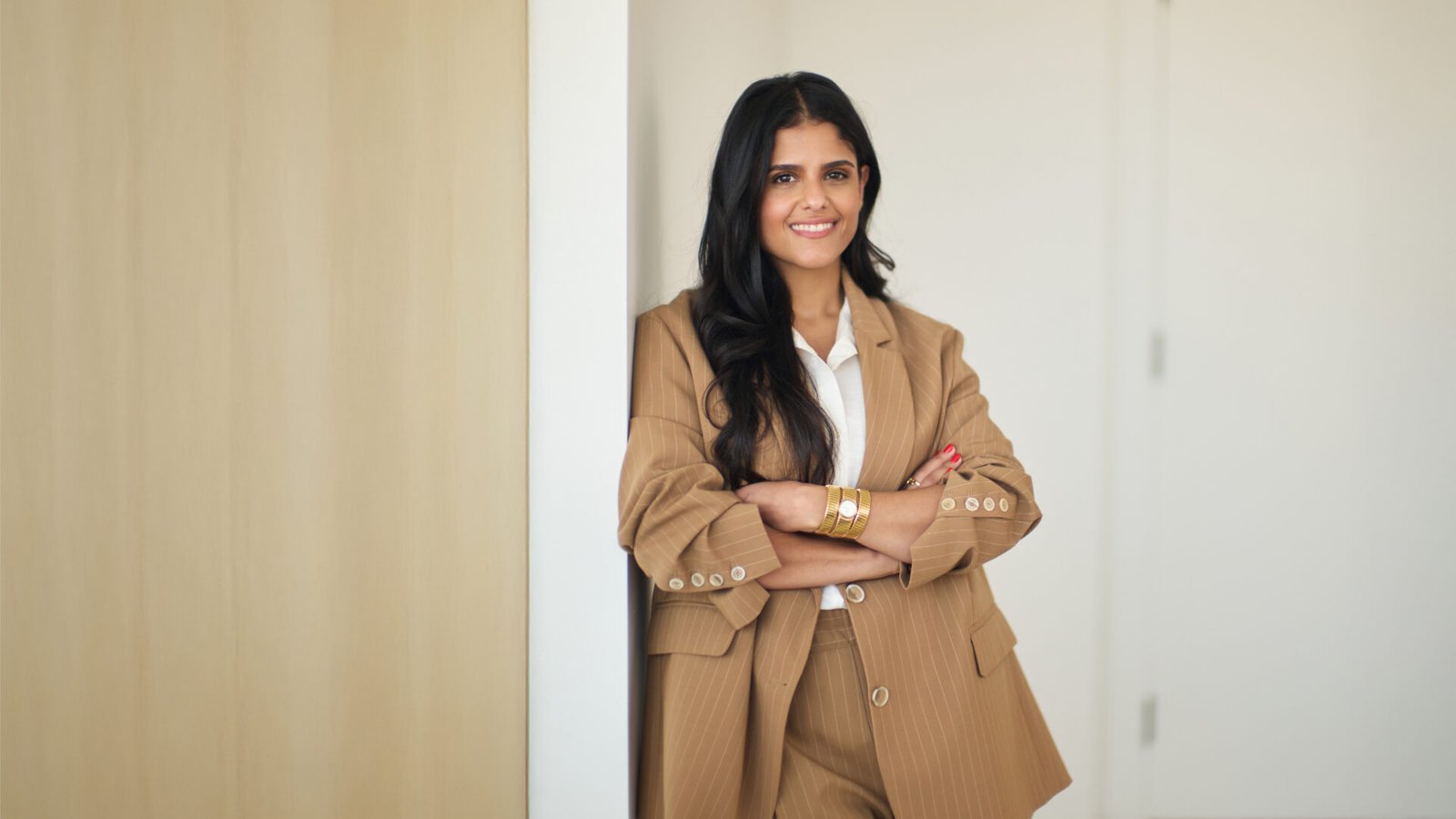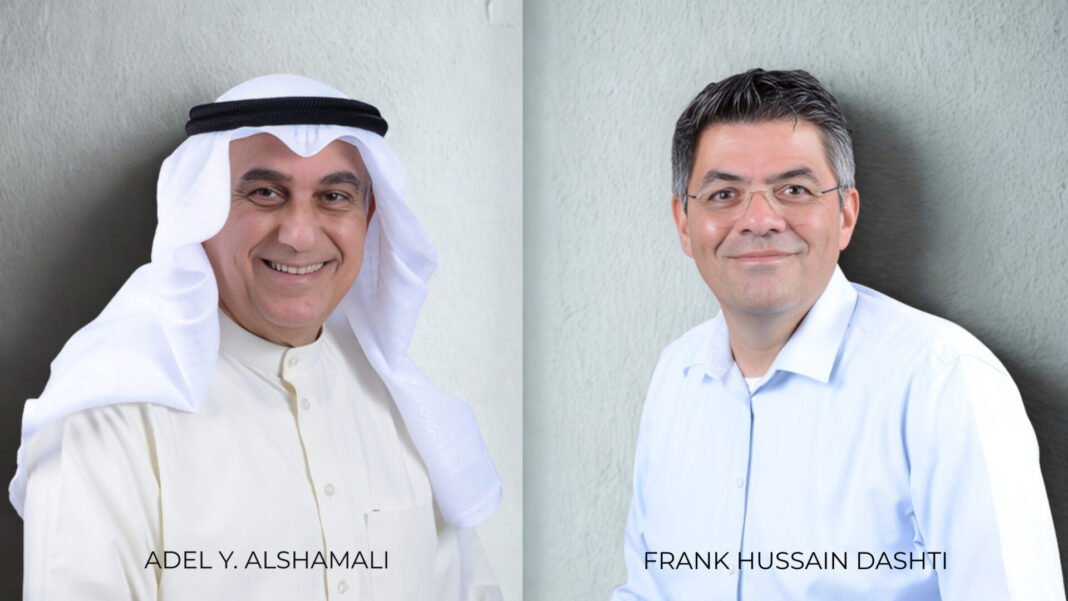In 2020, as the world came to an abrupt halt in the pandemic, people turned inwards to redefine health, habits, and priorities. For Shaha Waleed Faisal Al-Fehaid, Founder & CEO of Gluten Free Collective (GFC), the break proved to be a turning point. A shift toward a gluten- and dairy-free lifestyle sparked an unexpected journey, one that would evolve from personal necessity to the establishment of GFC in 2024. This Kuwait-based brand blends culinary innovation with community-driven values.
What started in the kitchen eventually grew into a business idea: if gluten-free food could be indulgent, delicious, and safe, then it could also transform a lifestyle. GFC is now more than a bakery; it has evolved into a lifestyle brand and community platform, embracing quality, accessibility, and happiness while supporting Kuwait’s Vision 2035 for health, innovation, and cultural development.
A Market Gap Turned Opportunity
The Middle Eastern gluten-free market has traditionally been underpenetrated. While the global markets had already started to test the waters with gluten-free products, the offerings across Kuwait and the broader region were scant, dry, dense, or filled with fillers. For Shaha Waleed Faisal Al-Fehaid, who calls herself a ‘foodie’ who ‘lives to eat’, the absence of easy, quality bread left a large market void. Where others saw gluten-free as a limitation, she saw it as a challenge. GFC came into being with the vision to bring back the convenience of everyday life, be it the comfort of toast in the morning or the convenience of taking a sandwich, without sacrificing anything. This vision appealed not just to the people who were living with celiac disease or gluten intolerance, but to an increasingly health-aware consumer market in the GCC.
Product Innovation Beyond Bread
From ciabattas and boules to crackers and lifestyle items such as reusable freezer bags, GFC sources products along consumer journeys instead of singular products. Each addition is a result of hearing the needs of the community, from travel-friendly snacks to tools to avoid cross-contamination. The new pastry range, including gluten-free croissants and other artisanal products, reflects the brand’s intent to combine indulgence with inclusivity. Growth plans are to look beyond bread to a complete lifestyle brand, creating products and collaborations that promote gluten-free living in the Middle East.
Building on Skills, Strategy & Science
Shaha Waleed Faisal Al-Fehaid’s professional trajectory uniquely positioned her for this venture. A background in creative strategy instilled a systems-level approach to problem-solving, while stints in hospitality and F&B honed her understanding of structure and consumer needs. Formal training at the Institute of Culinary Education, with a focus on artisan baking, gave her the technical foundation to explore the science of gluten-free recipes. Additional training under international specialists, from gluten-free sourdough experts in California to Italian pastry chefs in Pisa, further mastered her skills. “What sets us apart is not only technical proficiency, but also the use of human-centric design principles, conducting customer journey research, pain-point mapping, and creating customized solutions,” she adds.
A Collective Approach
True to its title, Gluten Free Collective was conceived not as an independent bakery but as an ecosystem that is driven by community. The philosophy of the brand focuses on three things: freedom, fun, and quality. Customers, who are part of the ‘Collective Community’, are treated not only as consumers but as co-creators. By engaging conversation on social media, feedback loops, and programs such as Collective Partners, restaurant partnerships that introduce gluten-free options into mass dining, GFC transcends direct sales. This is turning the brand from supplier to champion, having its community represented at the table, both literally and metaphorically.
Navigating Supply Chain & Logistics
The journey to scaling was not without obstacles. An initial challenge occurred during Kuwait’s popular Qout Market, when unforeseen demand led to a nationwide flour shortage. With resources strained to the limit, GFC’s crew responded quickly, procuring specialty flours overseas and learning the hard way the value of supply chain endurance. Nowadays, the company prides itself on importing organic flours from where it does them best, mixing them in-house to ensure quality and consistency. Logistics also changed strategically: deliveries were maximized for freshness, subscribe-and-save was made available to customers, and future features such as ‘Build Your Own Box’ allowed customization. This balance of handcrafted quality with scalable production is a prime example of how small firms within a niche market can embrace lean innovation models, simple agile, fast learning, and building resilience into the supply chain.
National Vision Alignment
GFC’s values are in deep harmony with Kuwait’s Vision 2035, where quality of life, sustainability, and innovation are highlighted. Producing gluten-free goods locally not only minimizes dependence on imports but also makes wellness a cultural imperative. This brings GFC to the crossroads of food, tech, and societal development, a demonstration of how specialty wellness brands can drive national plans through innovation and social engagement.
Looking Ahead
In the coming years, GFC envisions establishing itself as the Middle East’s first port of call for living gluten-free. Plans to expand into GCC countries like the UAE, Saudi Arabia, and Qatar are on the cards, with international markets like Europe and Southeast Asia also on the radar. But growth,Shaha Waleed Faisal Al-Fehaid emphasizes, is not just about scale; it’s about accessibility, inclusion, and joy. Whether through educational workshops, B2B partnerships, or lifestyle innovations, Gluten Free Collective is setting a new standard for how health-driven brands can be both community-centric and commercially impactful.




